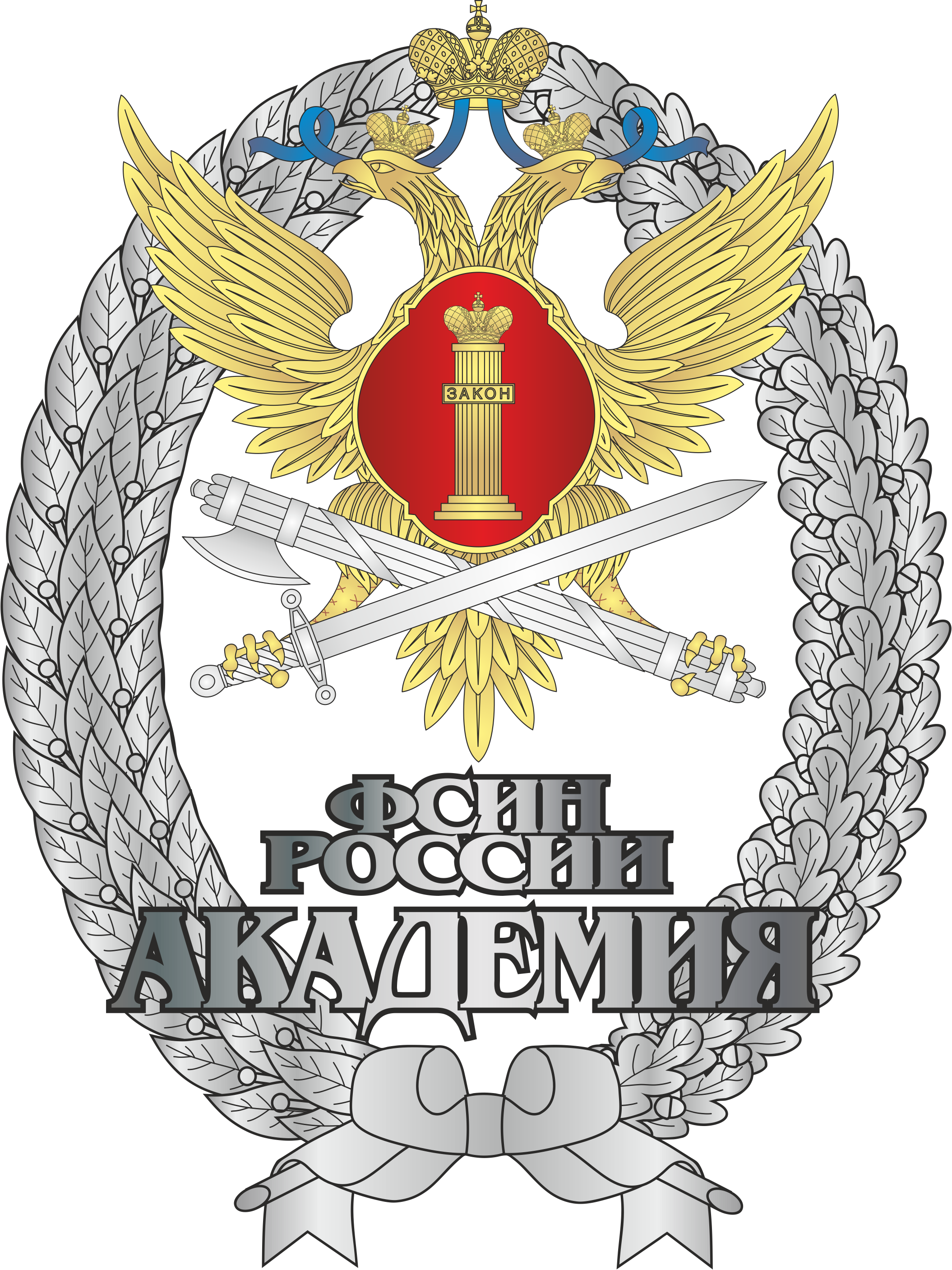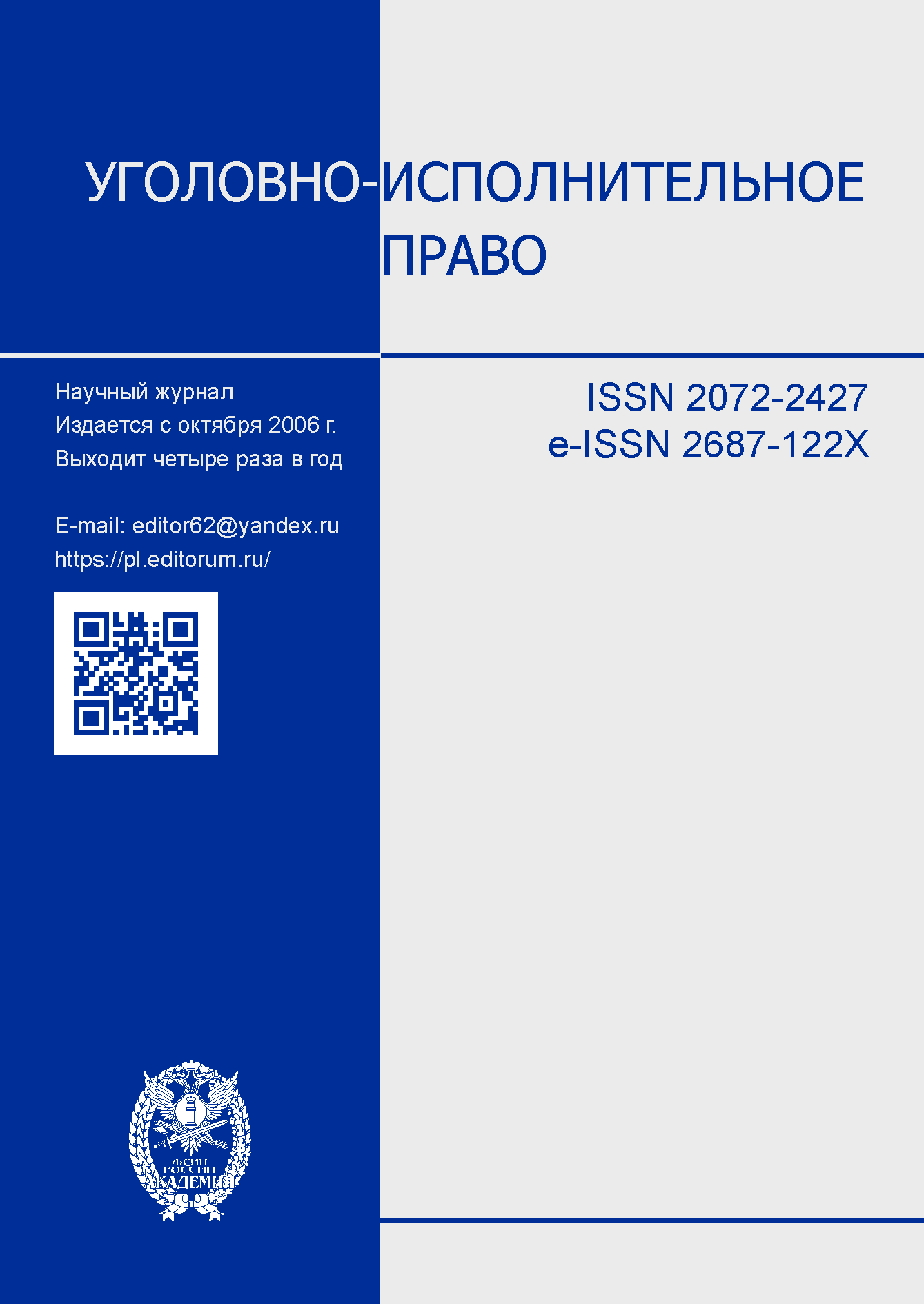Russian Federation
UDC 34
The article deals with such aspect of criminal policy as the development and current state of the limits of court jurisdiction established in the criminal legislation for the implementation of punishment (including all its variants - release from liability and pun- ishment, choice of the type and size of punishment, response to sentence serving refuse). In recent years courts have increasing jurisdiction in cases where there is ambiguous in- terpretation. Often, however, such principles as legality and fairness are overshadowed and, in some cases, the use of court jurisdiction is abused. Such negative consequences are caused by the following circumstances: the absence of strict limits of categorization of crimes; subtle partial decriminalization which significantly reduces the volume of criminal acts; the process of the prevalence of real decriminalization is accompanied by depenal- ization which is associated with increase in the number of types of release from criminal liability and punishment, and the expansion of the possibility of using these types; the in- troduction of innovations related to the types of punishments and other criminal punishment measures sometimes largely duplicating each other; the lack of a mechanism for judges to choose the type and size of punishment; sufficient inconsistency of the features of the current system of punishment, etc. However, there is also the opposite trend of criminalpolicy embodying the narrowing of court jurisdiction in certain cases which also causes a lack of systematization and iniquity and injustice. The article analyzes the proposals of a number of authors on the narrowing of court jurisdiction in choosing the type and period of punishment by means mathematical methods. The conclusion is made about the absence of a systemic mechanism and the presence of legal fundamentals for incorrect illegal de- cisions making concerning the punishment of criminal acts. It is argued that the general rules under the principle of equality of citizens before the law should be established by the legislator strictly without the possibility of their correction by the court. At the same time, when deciding on certain individuals the court must always have a choice to individualize responsibility and to ensure fairness, but not indefinitely broad.
judicial discretion, criminal policy, decriminalization, depenalization, system of punishment, release from criminal responsibility, release from punishment
1. Aryamov A. A. Obscheteoreticheskie osnovy ucheniya ob ugolovnom nakazanii : dis. … d-ra yurid. nauk. SPb., 2004. 288 s
2. Dyad'kin D. S. Teoreticheskie osnovy naznacheniya ugolovnogo nakazaniya: algoritmicheskiy podhod. SPb., 2006. 510 s
3. Klepickiy I. A. Forma i cel' v ugolovnom prave // Gosudarstvo i pravo. 2012. № 1. S. 45-56











